Carving out the best version of the digital overhaul
What are the key levers for a sustainable energy transition?
Efforts to combat climate change are gaining momentum worldwide, and the use of technology plays a crucial role in this endeavour. Across various countries, there are ambitious projects focusing on large-scale decarbonisation to transform economies and energy systems. In my view, there are four main levers that can drive these efforts.
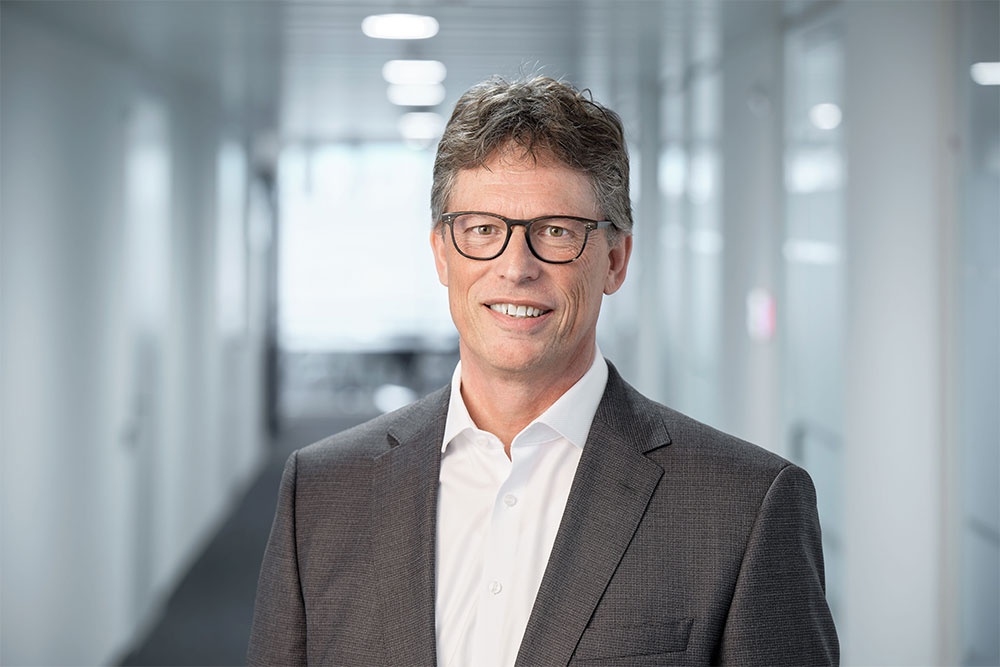 |
| Matthias Rebellius, member of the Managing Board Siemens AG, and CEO of Siemens Smart Infrastructure |
The first lever centres around fuel switching, which entails decarbonising our power supply by significantly increasing the adoption of solar and wind energy. Projections suggest that globally, renewable energy sources must expand by a factor of 30 by 2050 to achieve the desired impact.
The second lever is electrification, where we need to prioritise the conversion of energy consumption across different sectors to electricity-based alternatives. Presently, the global electrification rate stands at approximately 22 per cent, but to make a substantial impact, it must surpass 50 per cent by 2050.
Energy efficiency forms the third lever. To make significant strides in mitigating climate change, we must focus on reducing energy consumption by addressing demand and adopting more efficient energy usage practices. This approach has the potential to lead to nearly a 50 per cent reduction in energy consumption.
The fourth lever is speed, which is a crucial aspect of digital transformation. In today’s rapidly evolving business landscape, organisations need to adapt quickly to remain competitive and relevant. Digital transformation entails leveraging technology to fundamentally alter how businesses operate, deliver value to customers, and innovate products and services.
Customers often inquire about achieving digital transformation more easily, rapidly, and at scale. The answer lies in open, digital platforms like Siemens Xcelerator. It is a robust digital business platform designed to accelerate digital transformation. It comprises a curated portfolio, a partner ecosystem, and a marketplace to expedite value creation across industry, buildings, grids, and mobility sectors.
By leveraging Siemens Xcelerator, organisations can streamline their digital transformation journey and achieve impactful results in the fight against climate change.
As a technology company, how can Siemens help?
We can help a great deal. Siemens has been a pioneer in sustainability efforts for over 175 years, and our comprehensive portfolio is dedicated to assisting customers in achieving their sustainability targets. We offer tailored solutions for a wide range of sectors, including factories, buildings, power grids, transportation, and healthcare.
By leveraging our technologies, customers can transform their industries, making a positive impact on economies and societies. One of our key strengths is combining the real and digital worlds to empower our customers to do more with less energy. We enable them to achieve net-zero operations in buildings and digitalise public transportation, among other advancements.
Our commitment to sustainability is reflected in the significant impact our products have on reducing greenhouse gas (GHG) emissions. In fiscal 2022 alone, the solutions we provided will help prevent around 150 million tonnes of GHG emissions during their operational lifetimes at our customers’ facilities. To put this into perspective, this is nearly equivalent to half of Vietnam’s total emissions.
What are successful best practices that Vietnam can learn and adopt from other countries?
I believe Vietnam can and will go its own way. Vietnam has proven to be a remarkable success story, with a rapid economic ascent over the past three decades. As Siemens has been present in Vietnam for 30 years, we have witnessed the country’s transformation from one of the poorest to an emerging middle economic power in Asia.
This incredible progress can be attributed to several factors, including a young, well-educated, and highly motivated population, a clear roadmap, and national ambition. With its high growth rates, Vietnam presents an attractive market for investment, but investors are increasingly focused on making ongoing operations as energy-efficient and sustainable as possible.
Vietnam is forecast to have one of the fastest growing pharmaceutical industries in the region. Here, Vietnam can learn from successful international projects and adapt and scale them accordingly.
Just one example from our work in Europe: Siemens is helping Pfizer in creating one of the most modern and sustainable high-containment manufacturing facilities in Freiburg, Germany. The new plant is 40 per cent more energy-efficient with technology and services from Siemens.
All machines and processes are intelligently networked using ICT, which enables Pfizer to produce more flexibly, faster, and with less resource consumption. Moreover, Building Services monitor and control a special containment concept, bringing together multiple disciplines including power distribution, ventilation, air conditioning, and heating. This demonstrates that Vietnam can draw inspiration from such international projects and further enhance its already booming pharmaceutical industry.
With Siemens’ knowledge combining the real and the digital worlds, we can support the country on its path to having one of the top pharmaceutical industries in the world, as well as making a positive impact on society and the environment.
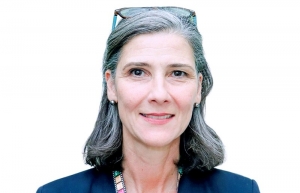 | Energy transition will not come without challenges To avoid catastrophic climate change and establish a trajectory that is compatible with the Paris Agreement, transformative changes to energy systems are urgently needed. |
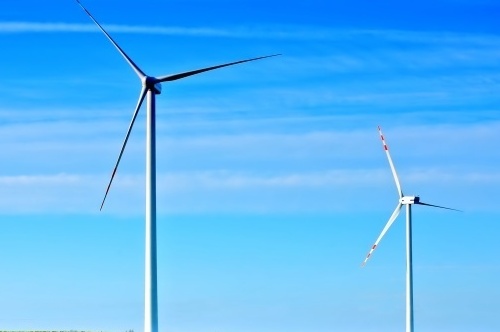 | Fair energy transition awaits financing With public financing insufficient, Vietnam requires more affordable capital than commercial loans for a fair energy transition. |
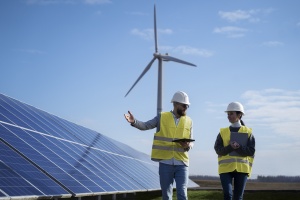 | Vietnam's 15 renewable energy transition projects generate 154 million kWh In a significant stride towards renewable energy adoption, 15 transitional renewable energy projects have contributed approximately 154 million kilowatt-hours (kWh) of electricity. |
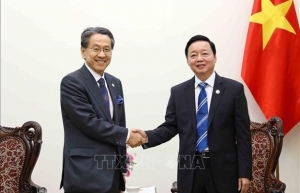 | Vietnam, Japan step up cooperation in energy transition Vietnam and Japan should continue their close cooperation in the Asia Zero Emission Community (AZEC) and the Just Energy Transition Partnership (JETP), said Deputy Prime Minister Tran Hong Ha on July 26. |
What the stars mean:
★ Poor ★ ★ Promising ★★★ Good ★★★★ Very good ★★★★★ Exceptional
Related Contents
Latest News
More News
- Vingroup consults on carbon credits for electric vehicle charging network (January 28, 2026 | 11:04)
- Bac Ai Pumped Storage Hydropower Plant to enter peak construction phase (January 27, 2026 | 08:00)
- ASEAN could scale up sustainable aviation fuel by 2050 (January 24, 2026 | 10:19)
- 64,000 hectares of sea allocated for offshore wind surveys (January 22, 2026 | 20:23)
- EVN secures financing for Quang Trach II LNG power plant (January 17, 2026 | 15:55)
- PC1 teams up with DENZAI on regional wind projects (January 16, 2026 | 21:18)
- Innovation and ESG practices drive green transition in the digital era (January 16, 2026 | 16:51)
- Bac Ai hydropower works stay on track despite holiday period (January 16, 2026 | 16:19)
- Fugro extends MoU with PTSC G&S to support offshore wind growth (January 14, 2026 | 15:59)
- Pacifico Energy starts commercial operations at Sunpro Wind Farm in Mekong Delta (January 12, 2026 | 14:01)

 Tag:
Tag:




















 Mobile Version
Mobile Version